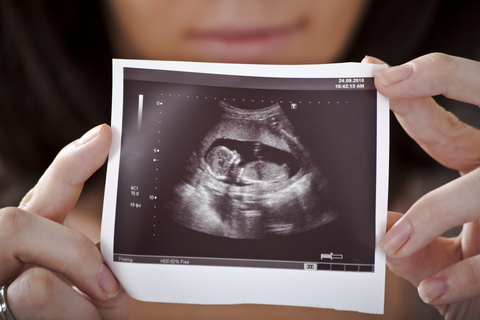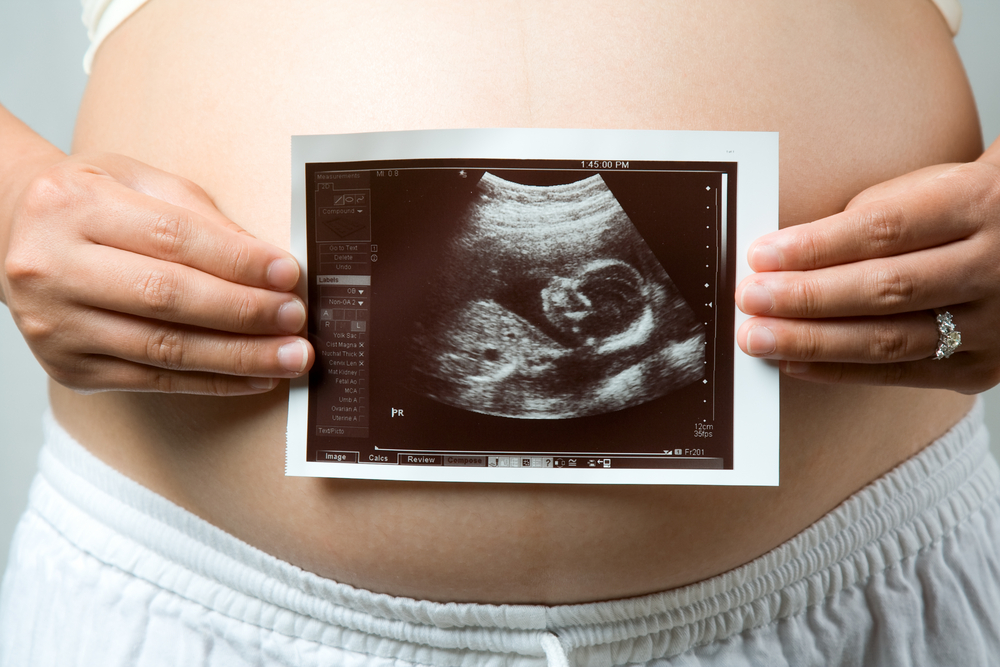Video Transcript
It is devastating when any parent learns that their preborn son or daughter has a serious medical condition which will cause the child to have certain challenges in life, or even impact his or her ability to survive. As a neonatologist, I personally care for many patients whose parents were given this tragic news.
Sadly, many parents are told in these situations that abortion is their only option or their best option. But abortion is not the only option when a preborn child is diagnosed with a serious or lethal medical condition.
It is important to understand that unfortunately, some babies are misdiagnosed in utero, or have medical conditions whose long-term outcomes are unclear at the moment of diagnosis. If allowed to be born, some of these babies may in fact turn out to be perfectly healthy if they were misdiagnosed, and others may indeed have some special needs, but ultimately live a long and happy life. Medically speaking, it can be very difficult to confidently predict the long-term outcomes of many conditions diagnosed in utero.
It is a tragedy that some parents have been offered an abortion based off of a misdiagnosis. This is the story of Suzanne Guy, who at 22 weeks pregnant was told her baby had a chromosomal abnormality incompatible with life and was encouraged to have an abortion by three different physicians. Suzanne refused, delivered her daughter at 26 weeks, and now her daughter, Rachel, is 21 years old. It is a tragedy that Rachel might not have been here today if her mother had made a decision based on a misdiagnosis.
In the case of a baby who is accurately diagnosed with a lethal condition while still in the womb, it is important to understand that these are still human beings whose lives deserve to be treated with the highest level of respect and compassion, regardless of their medical condition. Some will argue that children with lethal diagnoses should be aborted in order to prevent them from experiencing suffering. This justification for abortion, especially after 20 weeks, is neither medically supported nor honest. Current medical science confirms that babies as young as 20 weeks are capable of experiencing pain.
In a Dilation and Evacuation or D & E abortion, babies are intentionally dismembered, many while still alive, having their arms and legs pulled off, and their bodies and skulls crushed before being extracted from the womb. In a 3rd Trimester Induction procedure, a baby is given a lethal injection with a large needle to the head or to the heart. These babies tragically suffer very significant pain.
In the cases of babies diagnosed in utero with a lethal condition, we should instead be focusing our efforts on furthering the field of neonatal palliative care, which provides compassionate medical care for terminally ill babies by alleviating any pain or discomfort during the dying process. I have personally cared for many babies born with lethal conditions. We closely monitor these babies for any signs of pain, and work with the parents to compassionately treat their baby’s discomfort with pain medications, oxygen, and other appropriate measures as medically indicated. We tailor our approach to supporting and caring for these babies in a very personal way, depending on their medical condition, in order to address each infant and family’s needs.
We also provide support for the mothers of such babies in every way possible. Mothers are given the chance to hold, kiss, talk to, and comfort their babies as they pass. We support these women as they say goodbye to their babies, and use our energy and expertise to ensure that their experience is as peaceful and honoring to both the parent and child as possible.
It is clear that from the very moment of a lethal diagnosis in utero parents are confronted with incredibly difficult decisions. However, the decision to abort a pregnancy does not fundamentally change this reality or make it less heart breaking. Unfortunately, many mothers carrying babies with lethal medical conditions have never been offered or presented with the option to pursue palliative care for their child. If we are truly advocating to empower and educate women, we need to be openly and honestly discussing this compassionate and life-honoring option with the women carrying these children.
All babies deserve to be born, shown compassion, treated with dignity and respect, and supported, even through the dying process. A society’s morality and ethics is only as strong as its treatment of its sickest, smallest and most vulnerable members.




